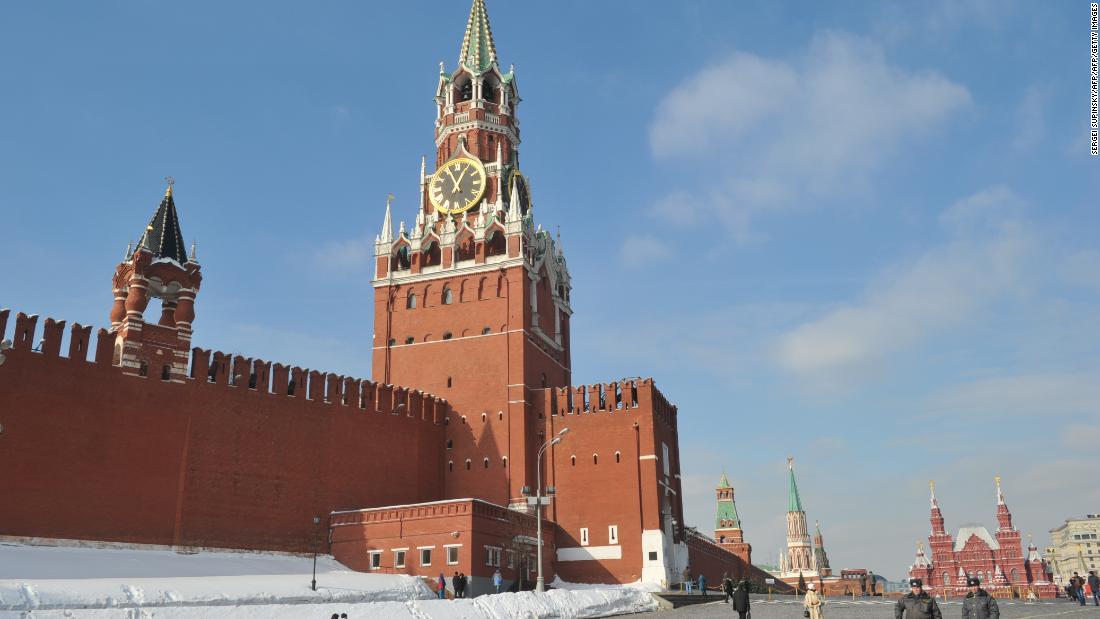US accuses Moscow spies of working with Russian-language media outlets to spread Ukraine disinformation
Officers with Russia’s domestic and foreign intelligence agencies, the FSB and SVR, have covertly planted articles in publications that blame the West for tensions with Russia over Ukraine, question the legitimacy of the Ukrainian government and challenge the US commitment to its European allies, US officials alleged.
A pillar of the alleged propaganda scheme is the Strategic Culture Foundation, a Russian journal that the US Treasury Department sanctioned last April for spreading disinformation in the 2020 US election, officials said.
The US officials did not present the underlying intelligence the allegations were based on, and they declined to describe how the information was obtained. Some of the information is corroborated by open-source reporting.
The disinformation campaign “is a primary vector for how the Russian government will bolster support domestically for an invasion into Ukraine, as well as spread any disinformation on a false flag operation,” a US official authorized to speak on background with the media told CNN.
Neither the Strategic Culture Foundation nor the Russian Embassy in Washington responded to a request for comment. Russia has previously denied US allegations that the Kremlin was spreading misinformation.
The declassified US assessment reflects the views of agencies across the government and of US allies, officials said, and it illuminates how US spy agencies view the intermingling of Russian publishers and intelligence operatives.
US officials allege that Vladimir Maximenko, the head of the Strategic Culture Foundation, has met in person with his SVR handlers and that publications controlled by Maximenko — known as Fondsk and Odna Rodyna — have been spreading disinformation on Ukraine. Neither Fondsk nor Odna Rodyna responded to a request for comment.
Russia’s FSB intelligence agency, meanwhile, pulls the strings on media outlets known as News Front, Antifaschst and Politnavigator, according to US intelligence. The coordination is so close that known FSB officers tell the journals when to publish articles and when to delete certain content, according to US officials.
The US Treasury sanctioned Crimea-based News Front last year for spreading disinformation. In addition to Russian, the outlet publishes in English, Polish and other languages in an effort to reach a wide audience.
News Front is led by Konstantin Knyrik, who has been active for years in Crimea, which Russia annexed from Ukraine in 2014. US officials allege that senior FSB officers have praised Knyrik for spreading misinformation in Ukraine.
News Front did not respond to a request for comment on the US allegations against Knyrik.
“The costs of inaction at this moment likely offset any risk” for the US intelligence community in disclosing intelligence on Russian activities in Ukraine, said Gavin Wilde, a former National Security Council official focused on Russia.
“The Biden administration is creating all the friction it can, and I think that’s a positive development that I hope carries forward,” Wilde, who is now a managing consultant at Krebs Stamos Group, told CNN.
![]()


